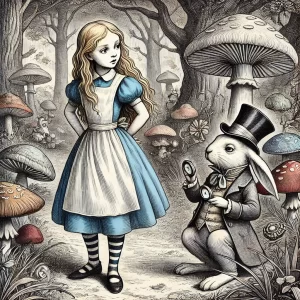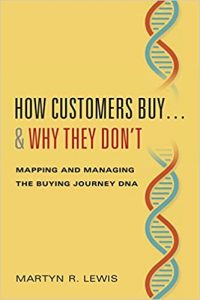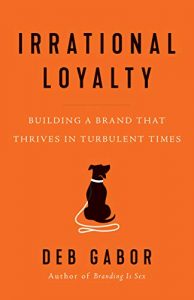Top Ten Banned Books
Have you ever wondered why some books never show up on your school library’s bookshelves? Well, it might be because some prick on the school board decided that particular book wouldn’t be appropriate for kids. I will allow that I can see Fifty Shades of Gray. It is graphic and that’s no way to treat a woman. But, if you’ve ever though that somebody went overboard with banning books, here’s a few books that your kids might enjoy reading on their own.
What Can You Do About Banned Books?
Start by actually reading the books that have been either challenged or banned from bookshelves. You might be surprised and sometimes I’ve even wondered whether the people challenging the books have ever read them.
Another thing you can do is simply have books that are mysteriously missing from your library bookshelves around your house for whenever family members get curious about them and are ready for the sometimes complex themes involved.
Far From the Tree: Parents, Children and the Search for Identity

The Adventures of Captain Underpants
The Adventures of Captain Underpants is listed as the top banned book of 2012, for partial nudity, references to underwear, violence, offensive language (though it rarely gets worse than “Mean Old Mr. Krupp”) and the misbehavior of the two prankster protagonists.
Far From the Tree: Parents, Children and the Search for Identity
The Lord of the Rings and The Hobbit
You would think that the trilogy that made High Fantasy accessible to the reading public wouldn’t have been banned from high school libraries. However, authority figures have recommended banning The Lord of the Rings for featuring people smoking pipes and have been banned from Christian schools for being anti-religious or for promoting witchcraft despite the fact that the author was himself a devout Catholic who liberally sprinkled Christian themes throughout his works.
Merriam Webster’s Dictionary and Thesaurus
Seriously? They want to ban a dictionary? Apparently so. When one parent complained that her child came across the definition of “oral sex” in Merriam Webster’s Dictionary and Thesaurus, the school board in Menifee, California, voted to ban the dictionary for defining several terms that they found offensive.
Fahrenheit 451
Fahrenheit 451 has been challenged as classroom material for portraying consumption of alcohol, foul language that led one school official to have a redacted version that had all nasty words crossed out with a black marker, smoking cigarettes, violence, and references to the Bible. I kid you not, the book that should be required reading for all who are either opposed to censorship or on the fence about this issue has been either challenged or outright banned from schools.
Harry Potter
Though the story of the Boy Who Lived has been praised by parents and teachers for getting kids interested in reading, Harry Potter has been either challenged or banned for the obvious reason — depicting wizardry and witchcraft — along with all the times Harry Potter broke the rules by lying and sneaking around behind authority figures’ backs, often putting both himself and his friends in danger in the process. It’s also quite scary, with monsters like a three-headed dog and the wraith-like Dementors, leading some people to challenge this book on the grounds that it’s too dark.
The Grapes of Wrath
Though listed by Time Magazine as one of the best English-language novels published between 1923 and 2005, The Grapes of Wrath has been challenged for its graphic portrayal of conditions suffered by the poor despite the author’s protests that he actually toned that part down. It has also been blasted as Communist propaganda. Other challenges are based on this books vulgar language and sexual references.
Brown Bear, Brown Bear, What Do You See?
Brown Bear, Brown Bear, What Do You See? was actually banned as a result of confusion about the name of the author. The Texas Education Board mistook an author of children’s books names Bill Martin, Jr., with another author named Bill Martin, who penned Ethical Marxism in 2008. It is interesting to note that the Texas Education Board doesn’t seem to have realized its mistake yet.
James and the Giant Peach
Despite this book’s message about hope even when one’s circumstances seem bleak, James and the Giant Peach has been banned for a wide variety of reasons, including the use of magic, using the word “ass” repeatedly and even the idea that a spider licking its lips could be interpreted sexually. Which only proves that you can’t always protect children from the results of absurdity.
The American Heritage Dictionary
The American Heritage Dictionary has been banned from school shelves in Anchorage, Alaska, for many of the same reasons that Merriam Webster’s Dictionary and Thesaurus had been challenged; namely, due to vulgar definitions of the word “bed” and also for containing obscene words.
Grimm’s Complete Fairy Tales
The same collection of fairy tales that inspired favorite animated movies like “Tangled,” “Cinderella” and “Snow White” has been challenged for its graphic depictions of murder, violence and abuse of children and has also been attacked for gender bias and prejudice.


















